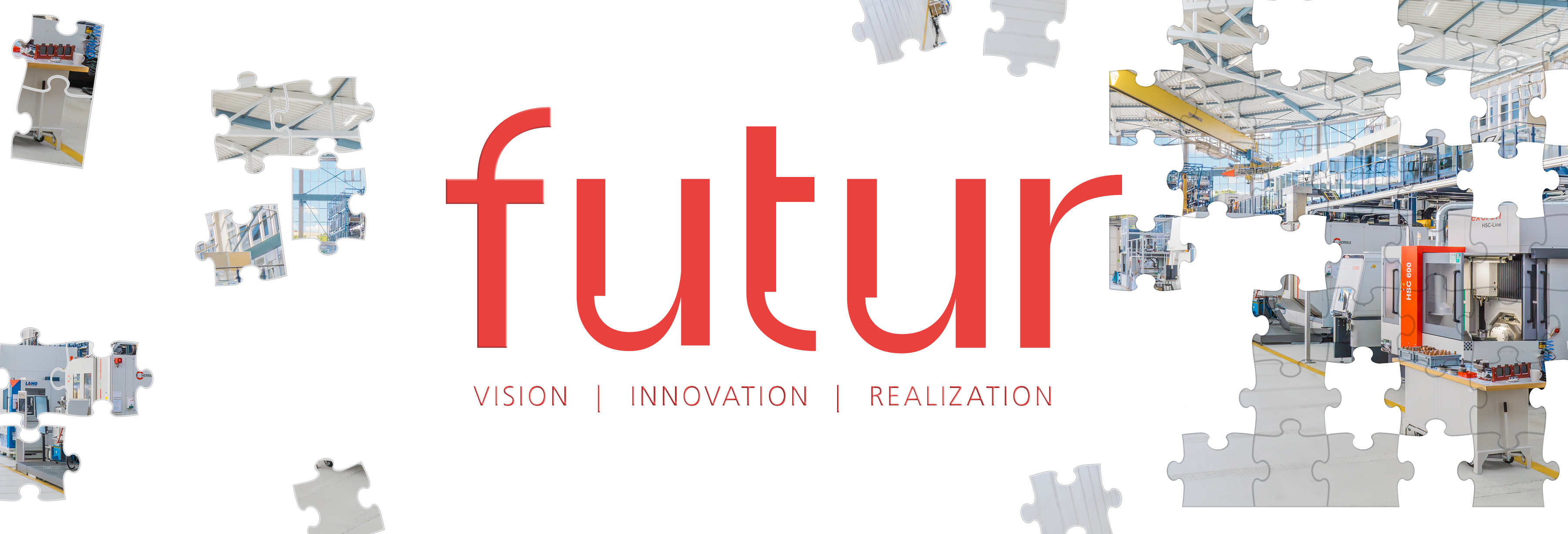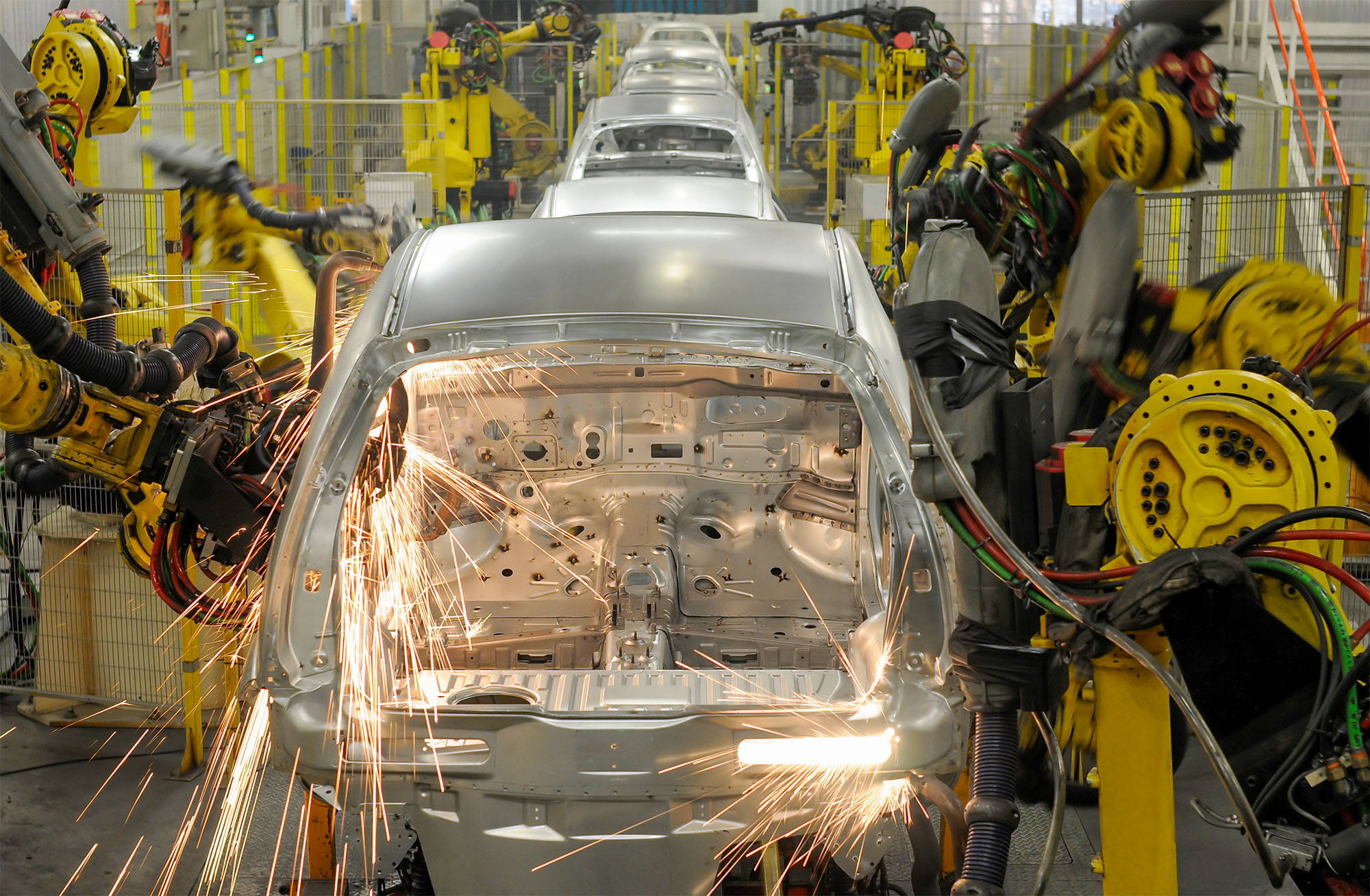In today’s production systems, even small changes are often time-consuming, costly and susceptible to errors. The story changes when development, planning, commissioning and production are integrated and understood together.
In the project »From conventional production plant to resilient competence plant by means of Industry 4.0 (Werk 4.0)«, scientists at Fraunhofer IPK are researching how a seamless digital process chain can be successfully implemented in production. Together with twelve partners, including TU Berlin, Mercedes Benz AG and Werner-von-Siemens Centre for Industry and Science e.V. (WvSC), they are developing flexible manufacturing solutions that will enable manufacturers to respond more quickly to technological changes and new market requirements. The basic idea: The various phases in product development, with their specific processes, tools and languages, are no longer treated as loosely connected steps. Instead, they are integrated along a digital process chain in which all the necessary data is passed on directly. This approach will enable manufacturing companies to adapt processes more flexibly, develop products more quickly and make their production more resilient overall.
The key to successful implementation lies in the digital data continuity of the information across all the involved processes and IT systems: Information should be available in precisely the form in which it is needed throughout its entire period of use. This is complicated by a number of factors in existing production systems. Information from product development, production planning, production control and manufacturing is stored and processed in different IT systems developed for the respective purpose. As a result, interdependent information, and in some cases even the very same information, exists in different data formats. If minor adjustments need to be made, for example a slight modification to a component, it takes a great deal of communication and manual data maintenance before the information can be converted into manufacturing parameters and the adjustments incorporated into the final production stage. The result can be a larger time investment, additional costs and errors.
 Fraunhofer Institute for Production Systems and Design Technology
Fraunhofer Institute for Production Systems and Design Technology
